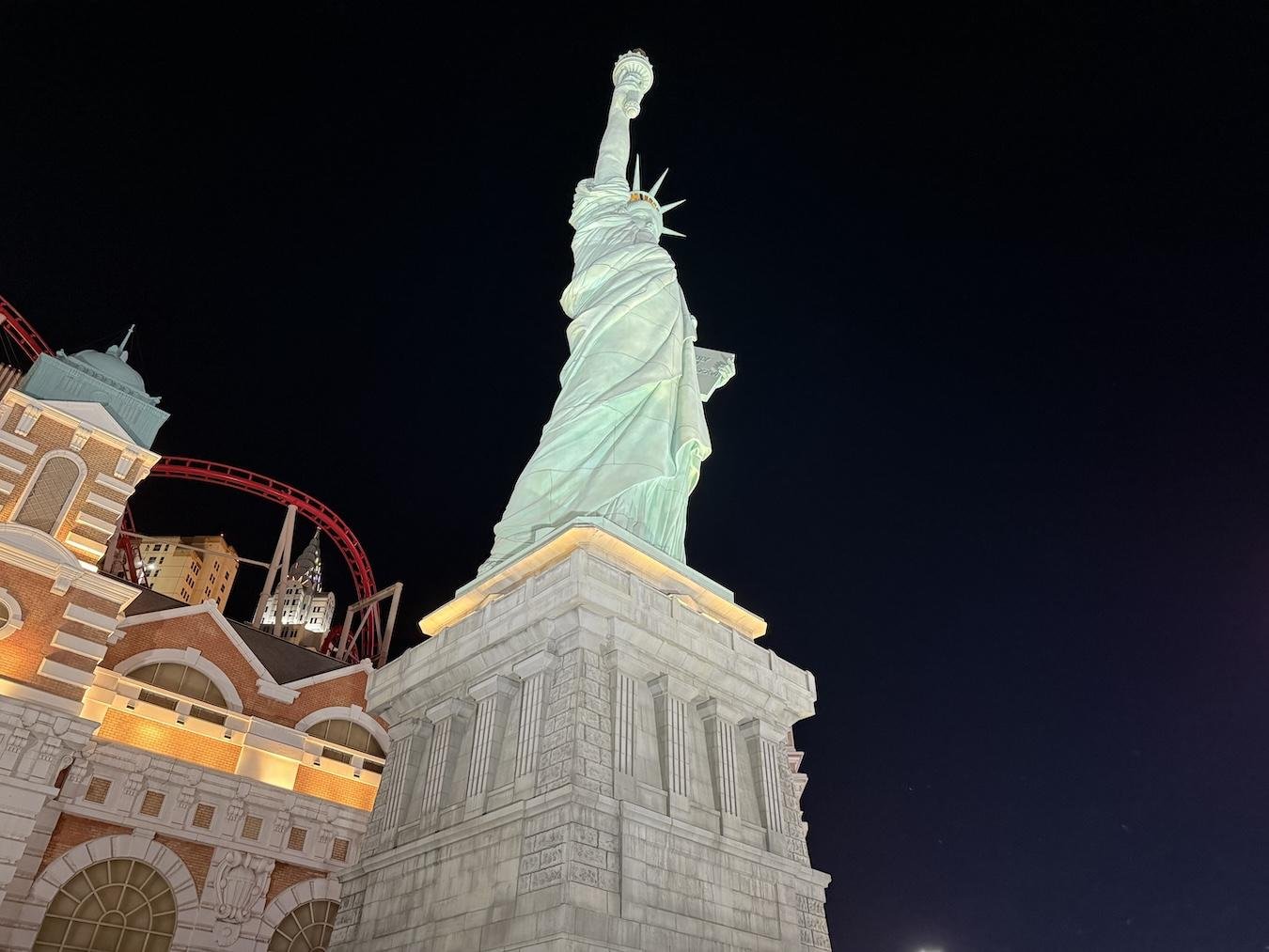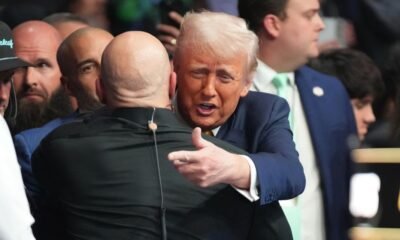Business
FTC Cracks Down on ‘Junk Fees’ for Event Tickets and Hotels

The Federal Trade Commission (FTC) has announced a new rule aimed at banning hidden fees associated with event tickets and hotel accommodations. This decision comes in response to a significant surge in customer complaints regarding deceptive pricing practices.
The Junk Fees Rule, which was approved with a four-to-one vote, prohibits ticket vendors and short-term lodging companies from imposing fees that were not disclosed up front. FTC Chair Lina M. Khan emphasized the importance of transparency, stating, “People deserve to know up-front what they’re being asked to pay,” highlighting the issue of unexpected charges that consumers often face.
This groundbreaking rule seeks to eliminate “junk fees” related to live entertainment and hotel stays. The FTC estimates this initiative could save Americans tens of billions of dollars and significantly reduce the time spent—around 53 million hours annually—searching for total prices.
In light of this new rule, Khan urged both state and federal lawmakers to enact additional legislation that would further ban unfair and deceptive fees across a wider range of industries.
Recent complaints to the FTC included concerns about hidden “resort fees,” which can dramatically inflate the cost of hotel stays. Consumers expressed frustration when they discovered that the ticket prices for events almost doubled by the checkout process due to vague processing fees. The organization emphasized that consumers should not face such obfuscation, especially when making significant financial commitments for travel and entertainment.
Democratic commissioner Rebeca Kelly Slaughter expressed disappointment that the rule did not extend its reach to other sectors such as housing or healthcare. “While this rule is a step forward, I believe the commission could have done more to protect all Americans,” she stated.
Despite the narrower focus of the rule, Khan noted its necessity for addressing broader issues in pricing transparency that adversely affect honest businesses. She mentioned that renters often face unexpected costs that strain their budgets.
Republican commissioner Melissa Holyoak, who supported the rule, acknowledged the legal complexities involved in broader applications. Holyoak noted that the measure does not prohibit businesses from adding fees, but mandates clear disclosure of these costs.
In a dissenting opinion, Republican Andrew Ferguson argued against the urgency of implementing this rule before the transition of presidential power. He criticized the Democratic majority for what he termed a “regulatory assault” on American businesses and suggested a more cautious approach during the impending change in administration.
Throughout the rule-making process, the FTC received over 60,000 public comments. Some industry leaders, including representatives from Live Nation Entertainment, expressed conditional support for the rule but raised concerns about its potential to disadvantage certain businesses unless it was uniformly enforced.
On the other hand, advocacy groups such as the Competitive Enterprise Institute voiced their dissent, arguing that the rule could infringe upon First Amendment rights by imposing limits on how businesses communicate pricing to consumers. Meanwhile, the National Association of Residential Property Managers rejected the term “junk fees,” asserting that they simply charge fees that reflect legitimate business costs.


















